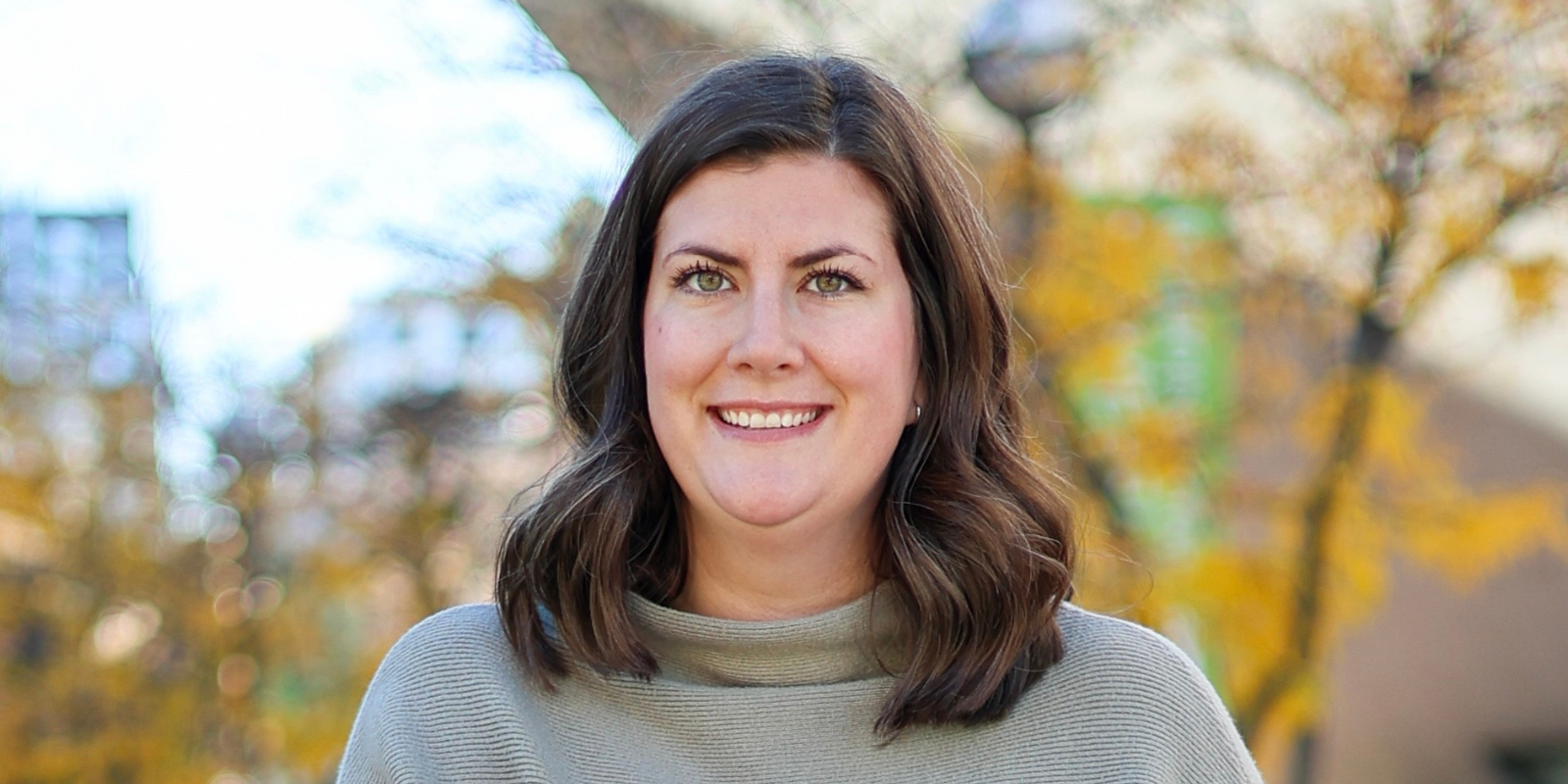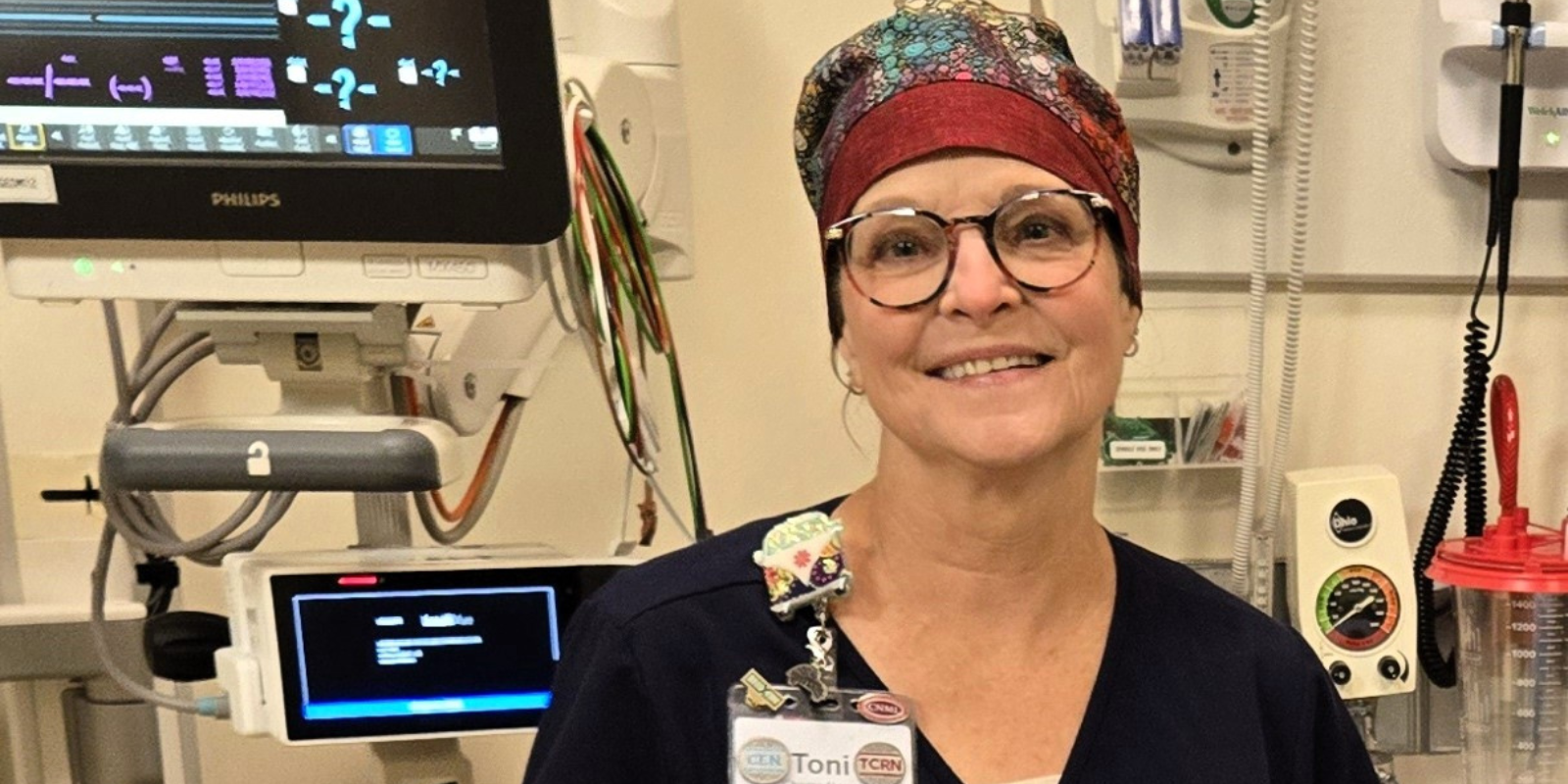Debbie Garcia always dreamed of having a big family.
“I already had two wonderful boys but I knew I wanted at least four more,” Debbie says. “My mother thought I was crazy!”
When it came to start trying for baby number three, Debbie knew that something was off.
“I would have my regular menstrual cycle and then have some spotting a couple of weeks later. This continued for a few months,” she explains. “My husband and co-worker finally convinced me to go in and get checked out. To be honest, I was iffy about going in, but they were persistent.”
Debbie, who had been screened before but convinced herself that she was okay with going a few years between screening, reluctantly when in for a PAP smear.
“No one likes a PAP smear, especially me,” she says. “But I knew it was a good idea to do it.”
Debbie’s PAP smear results came back as abnormal and she was referred to a local women’s center for for a biopsy of her cervix. During the biopsy the gynecologist mentioned that there were spots on the cervix, but Debbie did not think too much of it. However, a few days later she got a phone call saying that the results were back and the doctor wanted to see her in person.
“I remember the day of my diagnosis so clearly because it was such a terrible day,” says Debbie. “It was December 16, 2013. I had spent the morning at my son’s pediatricians office because he fell at school. I went to the women’s center during my lunch break. As soon as the doctor said that there were cancer cells on my cervix I turned everything off. Cancer was not the news I was expecting.”
Because Debbie’s hometown in Nebraska was unable to provide the care she needed at the time her doctor gave her the choice between four different cancer centers.
“After doing some research I knew I wanted to go to the University of Colorado Cancer Center,” she says.
Debbie and her husband met with Saketh Guntupalli, MD, FACOG, FACS, Division Chief of CU Gynecologic Oncology.
“Dr. Guntupalli’s major concern was determining whether or not the cancer had spread past my cervix. I had to undergo a pretty invasive surgery that came back showing the cancer had spread to my uterus,” says Debbie.
Guntupalli recommended that Debbie go through with a full hysterectomy to remove the cancer.
“I was absolutely devastated. I longed for more children and know that I would not be able to have any more was soul-crushing,” she says. “My husband, who was at the appointment with me, was incredibly supportive. He kept saying over and over again ‘I need you here, your boys need you here’.”
Debbie had a full hysterectomy in March of 2014 that removed the cancer completely. She was also able to keep her ovaries which meant that she would not have to be on hormone therapy for the rest of her life.
“The recovery from the hysterectomy was incredibly rough, especially when it came to my mental health. I fell in to a deep depression afterwards and found myself physically unable to be around babies,” she explains. “It has taken many years to overcome, but I am finally in a place where I am at peace with my cancer experience.”
Debbie has been cancer free for five years. She continues to make the three hour trip from her home in Nebraska to see Guntupalli for her annual exams.
“When I told Dr. Guntupalli that I would like to continue to come to the CU Cancer Center after my treatment ended for annual exams, he was surprised,” says Debbie. “I told him that knowing that I have access to any care I could possibly need makes the three hour commute more than worth it.”
Previously someone who preferred to miss annual exams, Debbie now advocates for screening.
“Please get screened, even if it is uncomfortable! I was lucky enough to have it caught early but if my husband and co-worker had not convinced me to go in when I did, my outcome may have been very different,” says Debbie.
Facts about cervical cancer
- In 2020 more than 13,000 will be diagnosed with invasive cervical cancer
- Cervical cancer is most frequently diagnosed in women aged 35 to 44
- Cervical cancer was one a major cause of cancer related death in women however screening has drastically reduced this number
- If caught in its early stages the five year survival rate for cervical cancer is 92%



